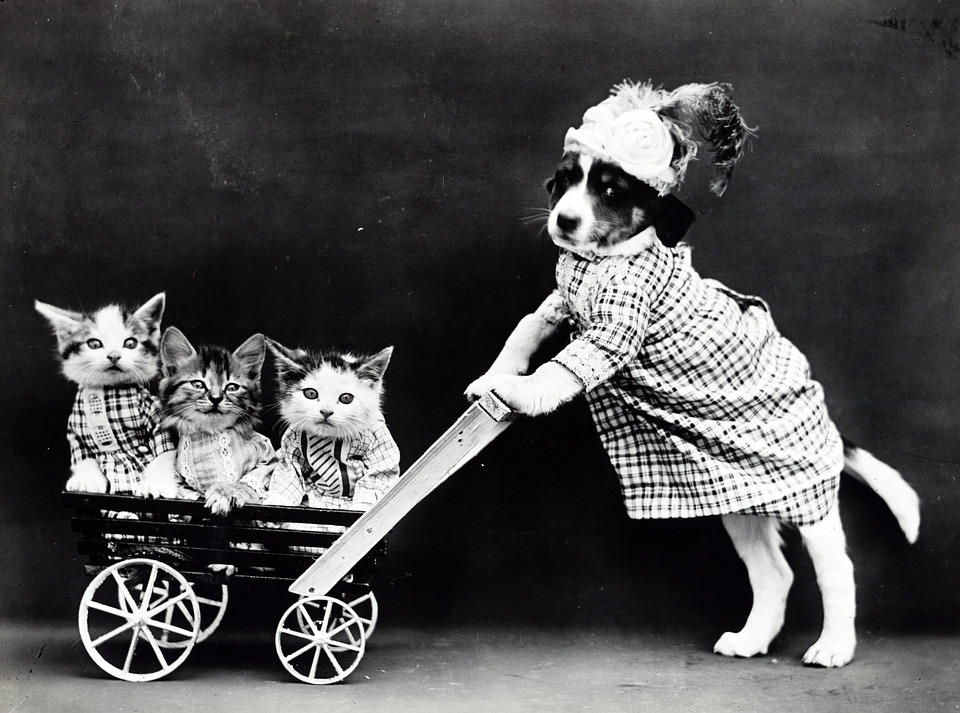Article: The Connection Between Diet and Cat Urinary Health: Best Foods for a Happy Bladder
Introduction:
Understanding the vital role diet plays in maintaining a cat’s urinary health is crucial for every pet owner. A well-balanced diet can prevent urinary tract infections, bladder stones, and other urinary issues in cats. In this article, we will explore the connection between diet and cat urinary health and provide recommendations for the best foods to promote a happy bladder.
I. The Importance of Diet for Cat Urinary Health
A. Urinary Tract Infections (UTIs) in Cats
Urinary tract infections are common in cats and can cause discomfort and pain. A diet that promotes urinary health can help prevent these infections by supporting a healthy urinary tract.
B. Bladder Stones and Crystals
Bladder stones and crystals can form in a cat’s urinary tract, leading to blockages and other serious health issues. A proper diet can reduce the risk of these conditions by controlling mineral levels and pH balance.
C. Diet as a Preventative Measure
Feeding a balanced diet can act as a preventative measure against urinary issues in cats. By providing the necessary nutrients, you can support a healthy urinary system and reduce the likelihood of developing urinary problems.
II. Essential Nutrients for a Healthy Urinary Tract
A. Adequate Water Intake
Proper hydration is crucial for maintaining a healthy urinary tract. Encouraging your cat to drink water and providing wet food options can increase their overall water intake.
B. Controlled Mineral Levels
Controlling the levels of minerals, such as magnesium and phosphorus, in a cat’s diet can help prevent the formation of bladder stones and crystals. Specialized diets formulated for urinary health often have controlled mineral levels.
C. Balanced pH Levels
Maintaining a balanced pH level in a cat’s urine is essential for urinary health. Diets that promote a slightly acidic pH can help prevent the formation of crystals and stones.
D. High-Quality Protein
Including high-quality protein sources in your cat’s diet can help support overall urinary health. Protein plays a vital role in maintaining muscle mass and preventing muscle breakdown in the urinary tract.
III. Recommended Cat Foods for Urinary Health
A. Prescription Diets
Prescription diets formulated specifically for urinary health are often recommended for cats with a history of urinary issues. These diets are designed to control mineral levels, promote hydration, and support a healthy urinary tract.
B. Wet Food Options
Wet cat food contains a higher moisture content, contributing to proper hydration and urinary health. Adding wet food to your cat’s diet can increase their overall water intake.
C. Raw and Homemade Diets
While homemade diets can be beneficial, it is crucial to consult with a veterinarian or a veterinary nutritionist to ensure the diet meets all the necessary nutrient requirements for your cat’s urinary health.
D. Grain-Free Options
Grain-free cat foods can be a suitable option for cats with urinary issues, as they often contain lower levels of carbohydrates and higher levels of protein. However, consulting with a veterinarian is recommended to ensure the diet meets all nutritional needs.
IV. Frequently Asked Questions (FAQs)
A. Can I feed my cat a homemade diet for urinary health?
While homemade diets can be beneficial, it is crucial to consult with a veterinarian or a veterinary nutritionist to ensure the diet meets all the necessary nutrient requirements for your cat’s urinary health.
B. How can I encourage my cat to drink more water?
Cats are often reluctant water drinkers, so it’s essential to provide fresh water in clean bowls and consider using water fountains or adding a small amount of low-sodium broth to make it more enticing. Wet food can also contribute to their overall water intake.
C. Are dry foods bad for a cat’s urinary health?
Dry foods can be problematic for some cats prone to urinary issues due to their low moisture content. However, there are specialized dry foods available that promote urinary health by increasing water intake and controlling mineral levels.
D. Can diet alone treat urinary issues in cats?
In many cases, dietary changes can help manage and prevent urinary issues in cats. However, it is crucial to consult with a veterinarian to determine the underlying cause of the problem and develop a comprehensive treatment plan if necessary.
E. What should I do if my cat has recurring urinary problems?
If your cat experiences recurring urinary problems, it’s crucial to consult with a veterinarian. They can conduct a thorough examination, recommend appropriate diagnostic tests, and create a tailored treatment plan to address the underlying cause of the issue.
Conclusion:
By understanding the connection between diet and cat urinary health, pet owners can make informed choices about the best foods to promote a happy bladder for their feline friends. Remember to consult with your veterinarian to determine the most suitable diet for your cat’s specific needs. With a balanced diet and proper care, you can help your cat maintain optimal urinary health and ensure a happy and comfortable life.








